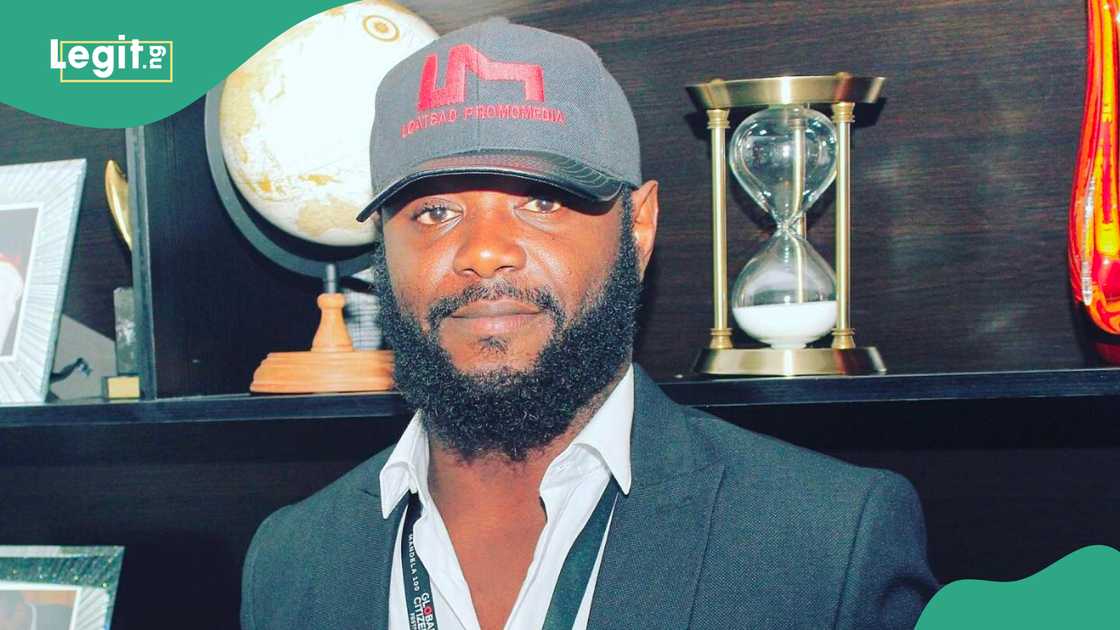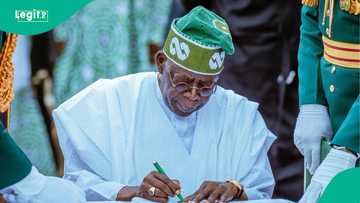"Seyi Tinubu For Governor": Group Defends Its Action
- Seyi Tinubu, the son of President Bola Tinubu, has again been tipped to be the next governor of Lagos State, in the 2027 election
- The Coalition of Nigerian Youth Leaders (CONYL) defended its earlier endorsement of the president's son, extolling his capacity for the governor's position
- According to the group, the younger Tinubu has the required ideas and experience to govern Lagos state
The Coalition of Nigerian Youth Leaders (CONYL) has defended its endorsement of Seyi Tinubu, son of President Bola Tinubu, for Lagos State Governor in 2027. The group said this decision was made after careful consideration of President Tinubu's transformational performance and leadership traits during his tenure as governor, which made Lagos the "Center of Excellence". CONYL believes Seyi Tinubu will consolidate on his father's achievements and perform even better.
The group emphasized that Lagos State, being a home for all Nigerians, requires a governor with wonderful ideas and experience. They think Seyi Tinubu fits the bill, having proven his mettle in various assignments. However, not everyone is pleased with this endorsement. The Coalition of Lagos Indigenous Youths has rejected Seyi Tinubu's candidacy, arguing that non-indigenes should not govern Lagos.

Source: Twitter
The indigenous youths' group criticized CONYL's move, stating that it was an attempt to marginalize Lagos' indigenous population. They pointed out that since 1999, no true Lagos indigene has held the governorship position. This has led to underdevelopment and distortion of the state's traditional system. The group warned the Oba of Lagos to be cautious of attempts to gain endorsements from traditional rulers ahead of the 2027 election.
CONYL's endorsement has sparked mixed reactions. Some see Seyi Tinubu as a great candidate, citing his achievements and pedigree. Others are skeptical, questioning the Tinubu family's intentions for Lagos and Nigeria. The debate highlights the complexities of Lagos politics and the tensions between indigenous and non-indigenous groups.
Source: Legit.ng



